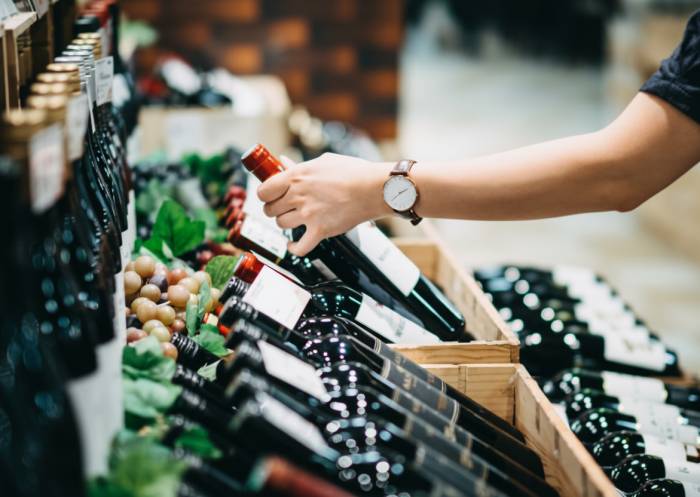Climate News Drives Down Global Prices for Top Bordeaux Wines
University of Auckland study links increased climate coverage to reduced willingness to pay for luxury French bottles at auction
2025-09-24

A recent study from the University of Auckland has found that climate-related news can have a direct impact on how much consumers are willing to pay for wine, especially high-end bottles from France. The research, led by finance academic Dr. Gertjan Verdickt, analyzed auction prices for Bordeaux Premier Cru wines across 18 countries and found that increased attention to climate news leads to a measurable drop in the price buyers are willing to pay.
Dr. Verdickt’s analysis focused on whether exposure to more climate-related news would make people pay more or less for foreign wine. The results showed a clear trend: as climate news increases, willingness to pay decreases. Specifically, a one-standard-deviation increase in climate attention was linked to a 3.58% drop in the price of a bottle. For a bottle valued at $480, this translates to about $17 less per bottle.
The study used data from over 68,000 Bordeaux Premier Cru wine auction prices collected from 222 auction houses in countries including Australia and New Zealand. In total, more than 70,000 auction transactions were examined. The wines studied came from five renowned Bordeaux châteaus: Haut-Brion, Lafite Rothschild, Latour, Margaux, and Mouton Rothschild. These producers are considered among the best in the world and their wines are frequently traded as both luxury goods and investment assets.
To measure climate attention in each country, Dr. Verdickt developed a “Climate Attention Index.” This index was created by analyzing over 23 million tweets from major national newspapers and comparing them to authoritative climate change texts. The result was a daily score for each country reflecting the level of climate-related news coverage.
Dr. Verdickt explained that he compared the price of these wines abroad relative to their price in France, using France as a benchmark. In theory, the ratio should be one—meaning a bottle costs the same abroad as it does in France. When that ratio changed, he looked for explanations and found that spikes in climate news coverage were associated with lower prices outside France.
The phenomenon identified by Dr. Verdickt is called “climate extrapolation.” This occurs when investors project local climate news onto the value of assets from other regions, even if those assets are not directly affected by local events. For example, if there is heightened climate concern in Australia or New Zealand due to local weather events or media coverage, buyers there may become more cautious about investing in French wine.
The study also found that this effect is strongest during summer months when the impacts of climate change—such as heatwaves or poor air quality—are most noticeable. Dr. Verdickt ruled out other possible explanations for the price changes, including natural disasters, general economic uncertainty, investor mood, and differences in bottle condition.
The findings have implications for both wine collectors and fund managers who invest in fine wine as an asset class. A decrease in willingness to pay could mean significant costs for those holding large portfolios of investment-grade wine.
Dr. Verdickt’s research adds to a growing body of evidence showing that personal experiences and media coverage can influence financial decision-making. Previous studies have shown similar effects on corporate voting and other investment choices.
The Bordeaux Premier Cru segment is considered the most liquid and globally traded part of the fine wine market and forms the basis of the Liv-Ex Fine Wine index. Investment funds dedicated to these wines treat them not just as luxury goods but as financial assets whose value can fluctuate with global sentiment.
As climate change continues to be a major topic in global media, its influence on consumer behavior and asset valuation is likely to grow. The study suggests that even products with strong reputations and established markets are not immune to shifts in public perception driven by environmental concerns.
Founded in 2007, Vinetur® is a registered trademark of VGSC S.L. with a long history in the wine industry.
VGSC, S.L. with VAT number B70255591 is a spanish company legally registered in the Commercial Register of the city of Santiago de Compostela, with registration number: Bulletin 181, Reference 356049 in Volume 13, Page 107, Section 6, Sheet 45028, Entry 2.
Email: [email protected]
Headquarters and offices located in Vilagarcia de Arousa, Spain.